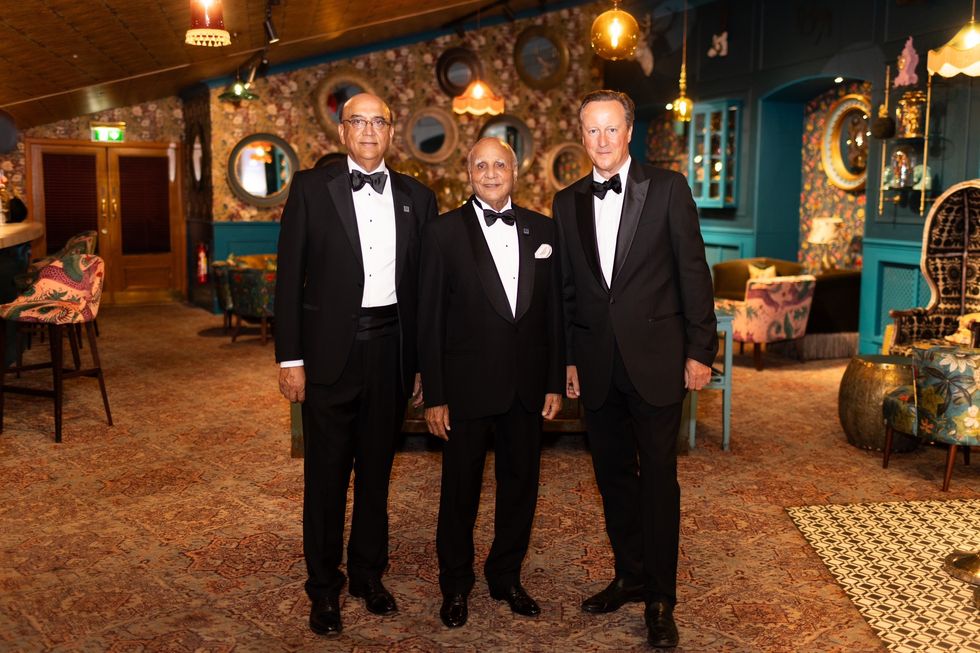INDIA and Singapore ordered their airlines to examine fuel switches on several Boeing models with South Korea set to do the same after the devices came under scrutiny following last month's crash of an Air India jet that killed 260 people.
Singapore said it detected no problems with switches on its airlines' Boeing aircraft in the wake of a preliminary Indian-issued report found the devices flipped from run position to cutoff shortly after takeoff.
The report did not offer any conclusions or apportion blame for the June 12 disaster, but indicated that one pilot asked the other why he cut off fuel, and the second pilot responded that he had not.
India's Directorate General of Civil Aviation (DGCA) issued the order on Monday (14) to investigate the locking feature on the fuel control switches of several Boeing models, including 787s and 737s.
The order came after Boeing notified operators that the fuel switch locks on its jets were safe.
But it was in line with a Special Airworthiness Information Bulletin (SAIB) issued by the US Federal Aviation Administration (FAA) in 2018, which recommended inspection of the locks to ensure they could not be moved accidentally.
Several Indian and international airlines have already begun their own inspections of fuel switches.
"It has come to the notice of DGCA, that several operators -- internationally as well as domestic -- have initiated inspection on their aircraft fleet as per the SAIB," DGCA said in a statement.
In view of the SAIB, all airline operators of the affected aircraft must complete the inspection by July 21, it added.
The Boeing 787-8 Dreamliner was headed from Ahmedabad in western India to London when it crashed, killing all but one of the 242 people on board as well as 19 people on the ground.
In a letter to employees on Monday, Air India CEO Campbell Wilson said the investigation into the crash was ongoing and it would be unwise to jump to "premature conclusions".
Singapore reported that it had examined fuel switches on its airlines' Boeing aircraft.
"Our checks confirmed that all fuel switches on SIA (Singapore Airlines) and Scoot's Boeing 787 aircraft are functioning properly and comply with regulatory requirements," an SIA spokesperson said.
South Korea was also going to order its airlines to examine fuel switches on Boeing jets, Seoul's transport ministry said on Tuesday (15).
"The ministry is preparing to order all South Korean airlines that operate Boeing aircraft to examine fuel switches in accordance with the FAA 2018 directives," said a ministry spokesperson.
The Lufthansa Group said it had re-checked switches on its 787s since the Air India incident, after initially inspecting them in 2018, and found no issues. Japan's ANA and Japan Airlines said they were conducting inspections in accordance with the 2018 advisory.
Taiwan's EVA Air said that it understood that no further inspections of Boeing 787s were required. US carrier Alaska Air said it has not received guidance from Boeing and is not currently taking action.
Southwest Airlines said it completed inspections of the affected fuel cutoff switches on its fleet in 2018, immediately after the FAA issued its advisory.
"We remain engaged with the FAA and Boeing and will take additional action as necessary," a Southwest spokesperson said.
(Agencies)


















 Sir Anwar Pervez
Sir Anwar Pervez  Lord Zameer Choudrey, Sir Anwar Pervez and Lord David CameronBestway
Lord Zameer Choudrey, Sir Anwar Pervez and Lord David CameronBestway
